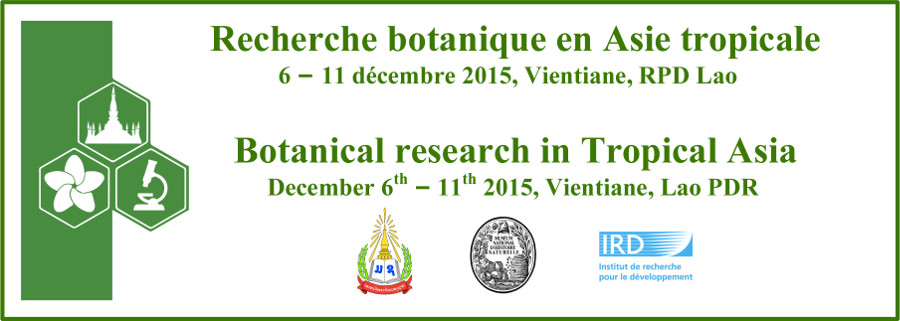The genus Manglietia (as separate from Magnolia), of subfamily Magnolioideae (Magnoliaceae), was established by Blume (1823) and based on the type species Manglietia glauca Blume. The genus is currently comprises ca. 40 species distributed in tropical and subtropical regions of Southeast Asia, and is characterized by: leaves evergreen, thick, leathery, folded in bud when young; stipules basally adnate to petioles, remaining long or short stipular scars on petioles; tori elongated when fruiting; peduncles within 1-2 internodes, pedicle absent to very short; anthers introrsely dehiscent, filaments short; carpels numerous, dorsally dehiscent, ventral surface almost completely connate to tori; ovules 4 or more. From an examination of specimens in herbaria at HN, HNU, IBSC, K, KUN, L, P, VNF, etc. and recent field trips, 12 species are recognized as occurring in Vietnam, namely: Manglietia chevalieri Dandy, M. conifera Dandy, M. crassifolia Q.N.Vu, N.H.Xia & Sima, M. dandyi (Gagnep.) Dandy, M. duclouxii Finet & Gagnep., M. fordiana Oliv., M. forrestii W.W.Smith ex Dandy, M. insignis (Wall.) Blume, M. lucida B.L.Chen & S.C.Yang, M. rufibarbata Dandy, M. sapaensis N.H.Xia & Q.N.Vu, and M. ventii Tiep. Manglietia sapaensis and M. crassifolia are newly described and M. lucida is newly recorded for Vietnam. A taxonomic history of the recent uproarious news in Vietnam such as “Mỡ” and “Vàng tâm” is also analysed in detail.
- Poster

 PDF version
PDF version

